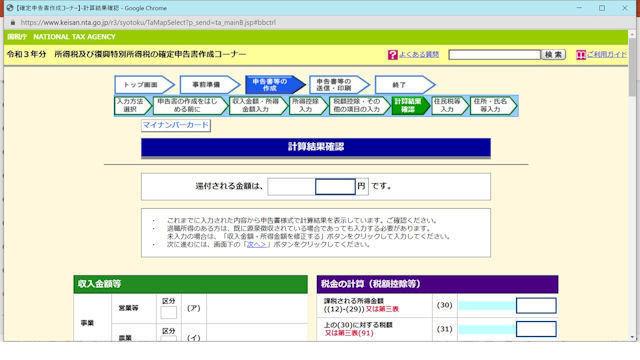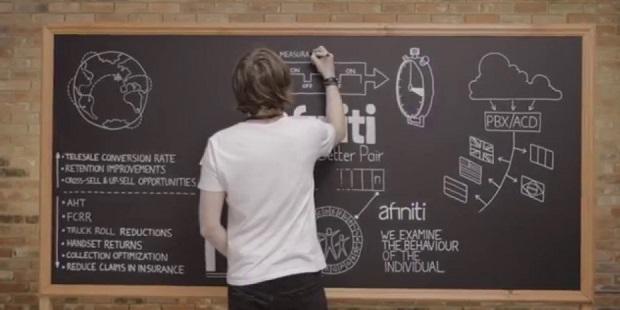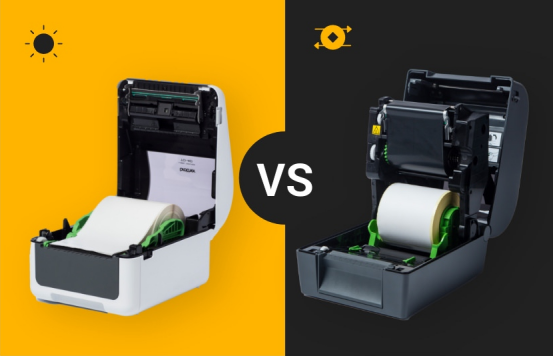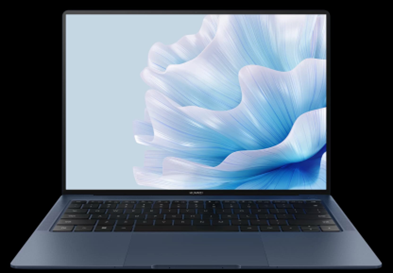Consider the convenience and problems of cookies
This article re -edit "What will happen if you delete cookies?" In the "Malware Information Bureau" provided by Canon Marketing Japan.
Cookies are also used to enhance the convenience of websites, such as session management and optimization of content display.However, it has recently been criticized for "a factor that infringes privacy."In this article, we will explain the scope and content of cookies, as well as the scope and content of deleting and refusing cookies, and the procedure of deletion.
Cookie to enhance the convenience of websites
Cookie is a small data sent from a web server to a web browser.Also called HTTP cookie, it is used for session management when a web browser communicates on the web server and HTTP (or https).Even if the web server collaborates with cookie information, even if the user returns to the page at intervals, it is possible to resume behavior on the website from the previous visit.
For example, on the EC site, the web server preserves the cart information at that time, even if you leave the page in the cart.When the user returns, the cart status before the withdrawal is reproduced by sending and collecting cookie information.In some cases, members -based websites are used to maintain the login status.In addition, the following functions that realize the convenience of the current web as follows are also based on Cookie's technology.
・ SSO (single sign -on) that realizes login status between multiple functions
In the agent's single sign -on, a session cookie is issued after the web authentication.By accessing the web system while retaining this, it is possible to access multiple systems by one authentication.
・ Web analysis to understand the behavior of users on the web
Cookies are used to measure the number of visits, sessions, page views, and unique users in the web access analysis.By linking Cookie and session information, the behavior of each user is grasped.
・ Personalization that displays products and content based on user attributes and past action history
Being able to grasp the actions using cookies means that you can grasp the user's browsing history, such as what kind of content you browsed on which website and what EC site you saw.be.It is used as an application, such as displaying advertisements for products and services that have been viewed in the past after a certain period of time, or displaying ads related to related products and services.
Problems related to cookies
Before explaining the problems of cookies, I would like to first organize the classification of cookies.
Although it is the range of cookies, it is divided as a "first party" and "third party"."First Party" is the "parties" that provide products and services.On the other hand, a "third party" refers to a "parties other than the parties" that provides products and services.By the way, the second party refers to users who use the product or service.
In other words, the first party Cookie is a cookie issued by a website that users are visiting.For example, "www.example."Example" issued in "com".The first party Cookie is used only in the domain "com".
Third Party Cookie refers to cookies issued on a domain other than the website that users are visiting.Other than the publisher domain, it is assumed that the information saved on the web browser side will be used.It is used to use single sign -on, advertising targeting, effect analysis, and analysis of websites.
In recent years, the use of cookies by third -party has become a problem.The recognition that excessive use has progressed as the disadvantages of Cookie -related technologies have exceeded the advantages.In the EU, the General Data Protection Rules (GDPR: General Data Protection Regulation) has been enforced, and the revised Personal Information Protection Law has been established in Japan.In some cases, information such as cookies is also considered "personal information", and regulating use for protection is becoming a global trend.In response to these times, Google Chrome and Apple's Safari have begun to steer to abolish third -party cookies.
Cookies used in "tracking", which are particularly regarded as a problem
Cookies used for tracking continue to follow the behavior of users accessing the website and the transition of data.And the collected data is used for various applications, such as targeting advertising and content display optimization.Tracking has one side that enhances user convenience, while excessive services are sometimes considered privacy infringement.
In the first place, "tracking" means "tracking" in a Japanese translation.By tracking, you can display ads and content that match the user's preference, but it is not surprising that some users feel that display is "monitored".
If you delete cookies, your action history will be deleted up to that point, and ads and content will be reset.However, if you visit the publisher website again, a new cookie will be issued.Be careful, as you don't have to delete cookies once.
How to set cookies in Google Chrome
In order to properly manage cookies, there is a way to change the settings for cookies of web browser.Basically, most web browsers can delete them in addition to cookies settings.Introducing the setting procedure as an example of a computer version of Google Chrome, a representative web browser.
・ Delete cookie
Click the menu at the right end of the address bar to open the setting screen and click "Privacy and Security".From the menu of the listed list, click "Cookie and other site data" and "Show all cookies and site data" to display a list of cookies stored on the browser.
All cookies on the browser are displayed
It is possible to delete it individually, but for users who use browsers a lot, the number is more than a few hundred.Therefore, it is more efficient to pinpoint, such as deleting them all at once or searching for the target of the domain that you want to delete from the "Cookie search" in the upper right corner and deleting them.
・ Cookie block (refusal) setting
In the previous menu "Cookie and other site data", you can also accept cookies.In the initial setting, it should be "blocking a third party in secret mode".Users who are concerned about the use of third -party cookies can block the third party cookie in the subsequent browsing by selecting "Block the Third Party Cookie" here.
Figure 2: Cookie acceptance settings
It is also possible to block all cookies, but as the menu states "not recommended", there are few websites that have convenient functions using cookies.Absent.You can also register sites that cannot use cookies and sites that can be used individually, so it is one of the websites that you frequently use, and it is one of the best ways to register a site that will only hinder the use if you do not accept cookies.Consider.
・ Areas and contents of deletion of cookies
It can be said that deleting cookies rarely tracked.However, I want to keep in mind that the convenience of browsing websites may be greatly impaired.First, deleting the session information of the website visited in the past, the login status is released.In addition, the nickname that was automatically displayed when writing on a bulletin board, etc. will also be deleted.Also, the contents of the carts on the EC site, which were in the middle of shopping, may be empty.By deleting, you should be able to understand the contribution of cookie convenience.
To the era when platformers restrict cookies
As mentioned earlier, the hints of third -party cookies are becoming more severe.Although it does not have the characteristics of identifying individuals only by cookie information, it can be information similar to personal information by combining it with other information.The idea is that it is not desirable for third parties, a third party, without permission from a third party.
In the EU's GDPR mentioned earlier, the information that was "pseudonymized" in cookies etc. is regarded as "personal information", so it is necessary for users to obtain "non -implicit consent".rice field.The enforcement of this law was in May 2018, but websites that European users could visit show a sentence calling for consent to cookies at this time.The EU's movements are steadily spreading to the United States and Japan, becoming a global trend.And as if to follow such a movement, a huge IT company called a platformer is also changing.
Apple's web browser, a web browser that banned third -party cookies ahead, is called "ITP (Intelligent Tracking Prevention)", which has a significant limit on user behavior tracking compared to conventional cookies use.It is introduced.In ITP, it will be disabled 24 hours after issuing a third party cookie and deleted it 30 days later.In addition, the first party cookie, which uses LocalStorage, an API introduced from JavaScript and HTML5, or is redirected from four or more domains, is also limited.
※LocalStorage:ウェブブラウザー上にデータを保管できる仕組みのこと。Cookieよりも大容量のデータを保管でき、送受信のタイミングを柔軟に変更できる。Google is also trying to suspend the use of third -party cookies in Chrome by 2023.And as a means of advertising targeting to replace cookies, a test of the technology called "Floc" has been started in parallel.Floc is an abbreviation of "Federated Learning of COHORTS", and is a technology that enables target advertising without identifying individuals by grouping users who are interested and interest.
Which groups belong to the user are performed by the machine learning algorithm, so there is no danger of being identified by advertising companies.Already, the latest Chrome has been able to try the "Privacy Sandbox" using this technology, and the movement to spread steadily is progressing.Cookies have been replaced with these new technologies, and the era of both convenience and privacy protection is approaching.
■ Related site
 notebook-laptop
notebook-laptop






